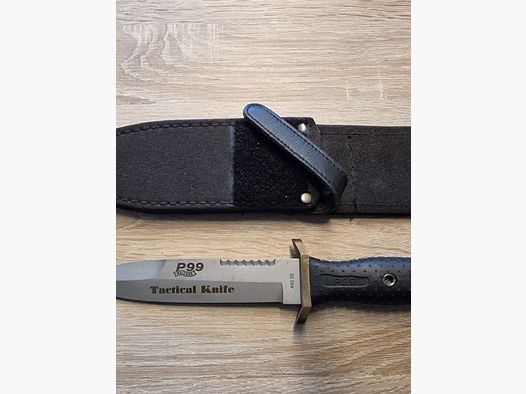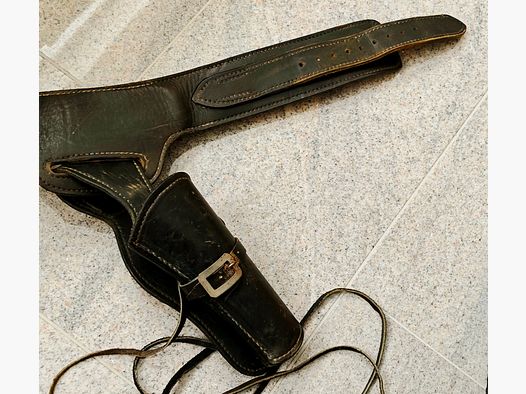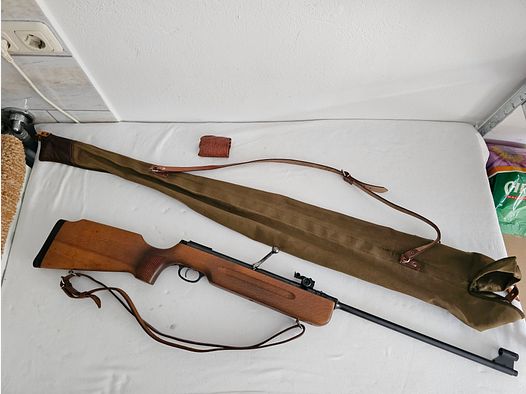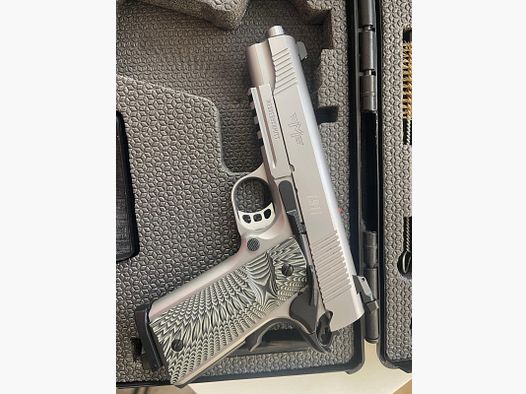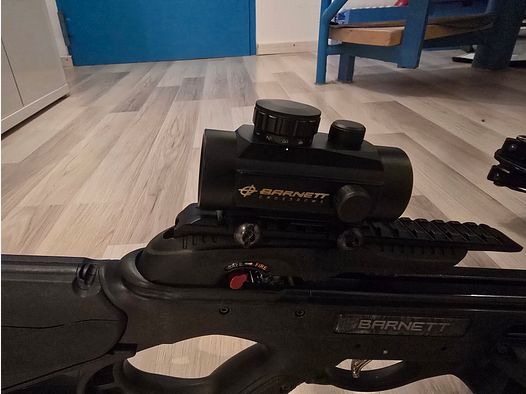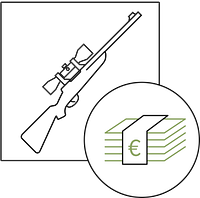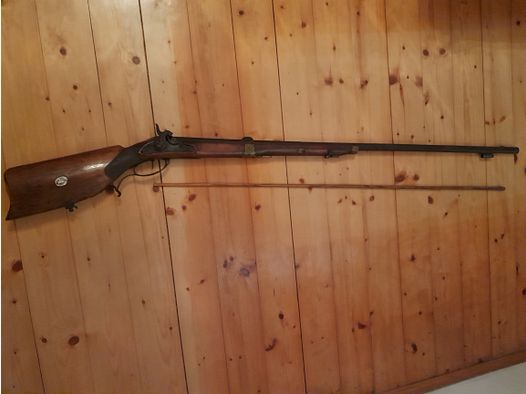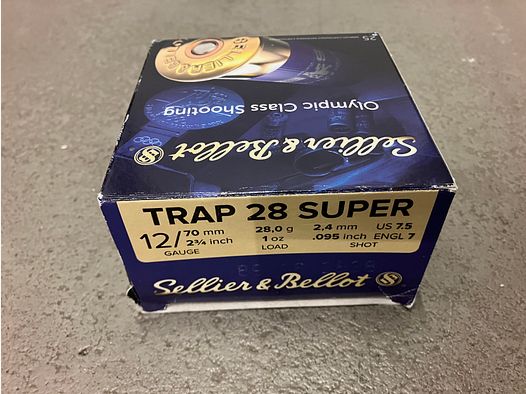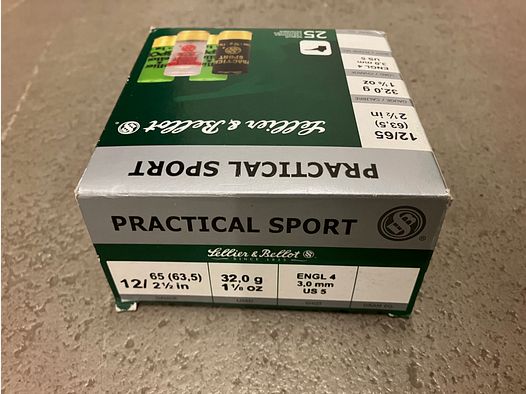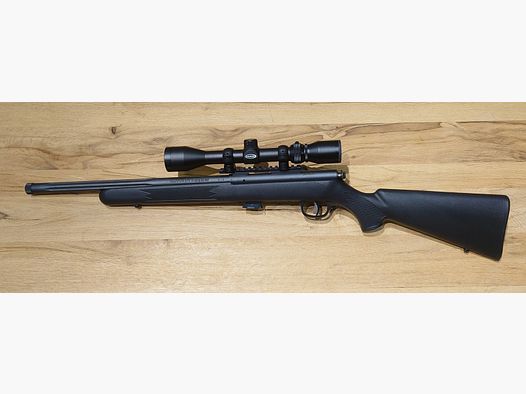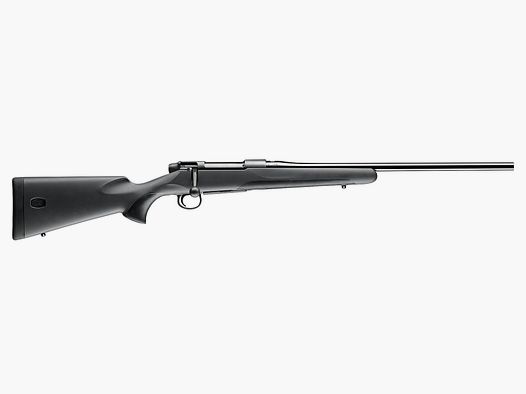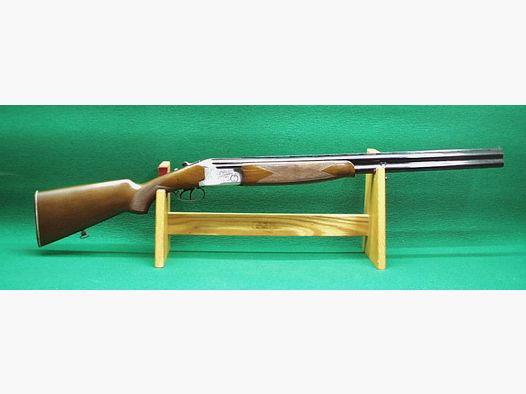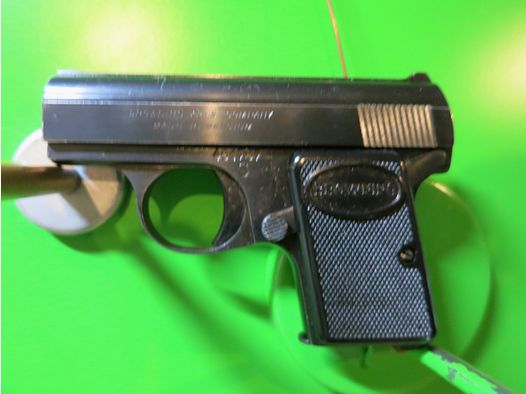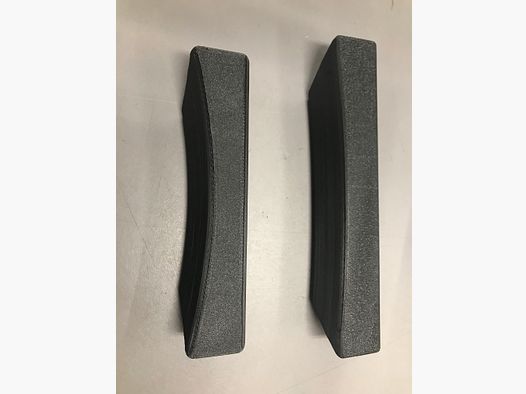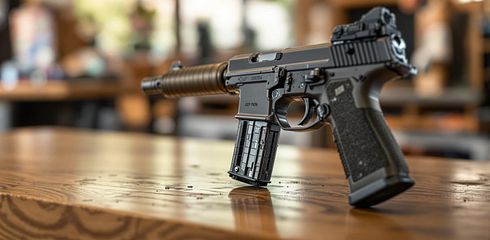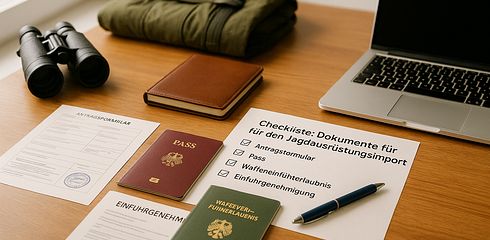To send hunting weapons legally and properly, many papers and permissions are needed. This article shows how to make it easy and avoid trouble. Here are the main points:
- Important Papers: Export permission, EORI numbers, documents about the end user's location, firearms ownership card or hunting license, and possibly import permission from the destination country.
- Types of Export: Short shipments (e.g., for hunting trips) and long shipments (sales to other countries) have different rules.
- Authorities: BAFA and customs are important in Germany; in the country you are sending to, there are other authorities and rules.
- Rules: Laws on foreign trade (AWG), regulations on foreign trade (AWV), EU rules for dual-use goods, and local weapons regulations are important.
- Costs: Fees for permissions can range from €19 to €220.
- Check and Organize: All papers must be correct, complete, and well-organized to avoid waiting times or problems.
Tip: Use tools like Gunfinder for secure transactions and assistance with complex export routes. Good preparation saves time and money.
Understanding Export Rules
Types of Rifles and Parts
Not all rifles have the same export rules. The firearms law in Germany makes clear distinctions here.
Hunting rifles, such as bolt-action rifles, semi-automatic types, or single-shot rifles, usually require an export permit under the Foreign Trade Act (AWG). Hunting shotguns with smooth or short barrels often have stricter rules.
Weapon parts are also important. Bolts, barrels, stocks, or magazines often require additional permits. Scopes with certain technical details fall under the dual-use regulation, as they can be used for both civilian and military purposes.
Ammunition has its own rules. Hunting ammunition is usually easier to export than military ammunition. It is more difficult with large calibers or specially developed ammunition.
These differences determine which type of export is suitable and which papers are needed.
Export Scenarios
There are two main types of arms export: temporary and permanent exports, each with its own requirements.
- Temporary Exports: You take your weapon with you for a hunting trip abroad and then bring it back. This is often easier, but the return transport of the weapon must be well documented.
- Permanent Exports: In a permanent export, you sell or transfer the weapon abroad. This is much more complicated, as more papers and stricter controls are required. The new owner in the destination country must comply with all local import rules.
To better understand these scenarios, let's look at the responsible authorities and the important rules.
Important Authorities and Regulations
The Federal Office for Economic Affairs and Export Control (BAFA) is responsible for most export permits. Each request is carefully examined there.
The German customs oversees the export. Without proper customs declaration and complete papers, you cannot export your rifle. The customs authorities work closely with BAFA to ensure everything runs smoothly.
The Foreign Trade Regulation (AWV) is the basis for most arms exports. It specifies which rifles require which permits. Since the AWV is often updated, you should always be aware of the latest version.
For exports within the EU, there is also the EU Dual-Use Regulation. It regulates the export of goods that can be used for both civilian and military purposes – this applies to many hunting rifles.
In the destination country, there are its own rules and authorities. In Austria, the provincial police department is responsible, while in Switzerland, it is the cantonal authorities. It is important to check the import rules of the country before exporting.
Additionally, you must inform the local weapons authority in Germany. They maintain the firearms register and must be aware when a registered weapon leaves the country.
List: Necessary Papers for Arms Export
Here are the most important papers you need to bring your hunting weapon to another country:
Identity and Ownership Proof
To show who you are, you must have either a valid ID card or a passport. A passport is globally recognized, so it is often better for other countries. To prove that the weapon belongs to you, you need a firearms ownership card or a hunting license. If you work in the field, a firearms trading license is also required. Write down the serial number of the weapon, as it is very important for the export.
Costs for Transfer
You have to pay to obtain the permission to transfer your weapon. The costs vary, ranging from €19.00 to €220.00.
Checking and Organizing Your Papers
If you check carefully and organize everything well, you can prevent delays or even the confiscation of your goods. Next, you need to sort all papers properly.
Number and Consistent Information
Make sure that the number on all papers is the same. Even a small mistake can stop everything.
To be sure, take photos of the number. These photos show the authorities that you have done everything correctly. Don't forget to also take pictures of other important markings, such as those from the manufacturer.
If something is wrong, clarify it immediately with the authority. Resolving these errors beforehand is easier and cheaper than in the middle of the export process.
Compiling the Papers
Create a digital folder in PDF format with all important papers. Name the files clearly, such as "Waffenbesitzkarte_Schmidt_2025.pdf" or "Ausfuhrgenehmigung_Oesterreich_13082025.pdf". This way, you can quickly find what you need when questions arise.
File the papers in the correct order: Start with the ownership documents, then the export permits, followed by the destination documents, and finally the transport papers. This is usually how the authorities check them.
Save the papers multiple times: in the cloud and on a USB stick. If technical problems arise or papers are lost, you will always have access to them. This prepares you well for the final check.
Checklist Before Export
48 hours before departure, check all papers again. Print everything twice and keep the originals securely in a weatherproof case. Use good paper to ensure everything looks professional.
Check all validity dates carefully. Export permits often expire quickly, sometimes in just 30 days. An expired document can invalidate the entire export.
Also, save the phone numbers of the authorities in Germany and at the destination. This way, you can quickly reach someone in case of problems and won't waste time looking for the right people.
Regulations Depending on Country and Special Cases
Shipping weapons has strict rules that often vary depending on where they are going. In the EU, there are different rules than in other countries, and short-term exports are different from long-term ones. Here’s what you need to pay attention to.
Shipping Within the EU
For sending hunting weapons within the EU, you usually need a European Firearms Pass. You can obtain this from the firearms authority in your city. Pay attention to the time you have for registration in the country. For short trips, such as hunting outings, a simple application is often sufficient. For long-term shipments, you usually need an official re-registration.
Shipping Outside the EU
Shipping to other countries is often more difficult. You usually need an export permit from the Federal Office for Economic Affairs and Export Control (BAFA). The destination country often also wants an import permit, which you should have before the German permit. Since the rules change and the process takes a long time, it is good to have a customs broker. Expect long transport times; the process outside the EU is usually more extensive.
Short-term vs. Permanent Shipping
- Short Export: For trips like hunting outings or competitions, an ATA Carnet is useful, making border crossings easier. Important: Record every entry and exit accurately to avoid problems upon return.
- Long-term Export: If the weapon is going abroad permanently, you must deregister it in Germany and re-register it in the destination country. This is usually final and cannot be undone.
Help with Shipping
To make everything easier, you can get help from experienced sellers on Gunfinder. They assist you in complying with all special regulations and preparing everything correctly. Many of our partners know the rules in other countries very well.
sbb-itb-1cfd233
Gunfinder for Export Transactions
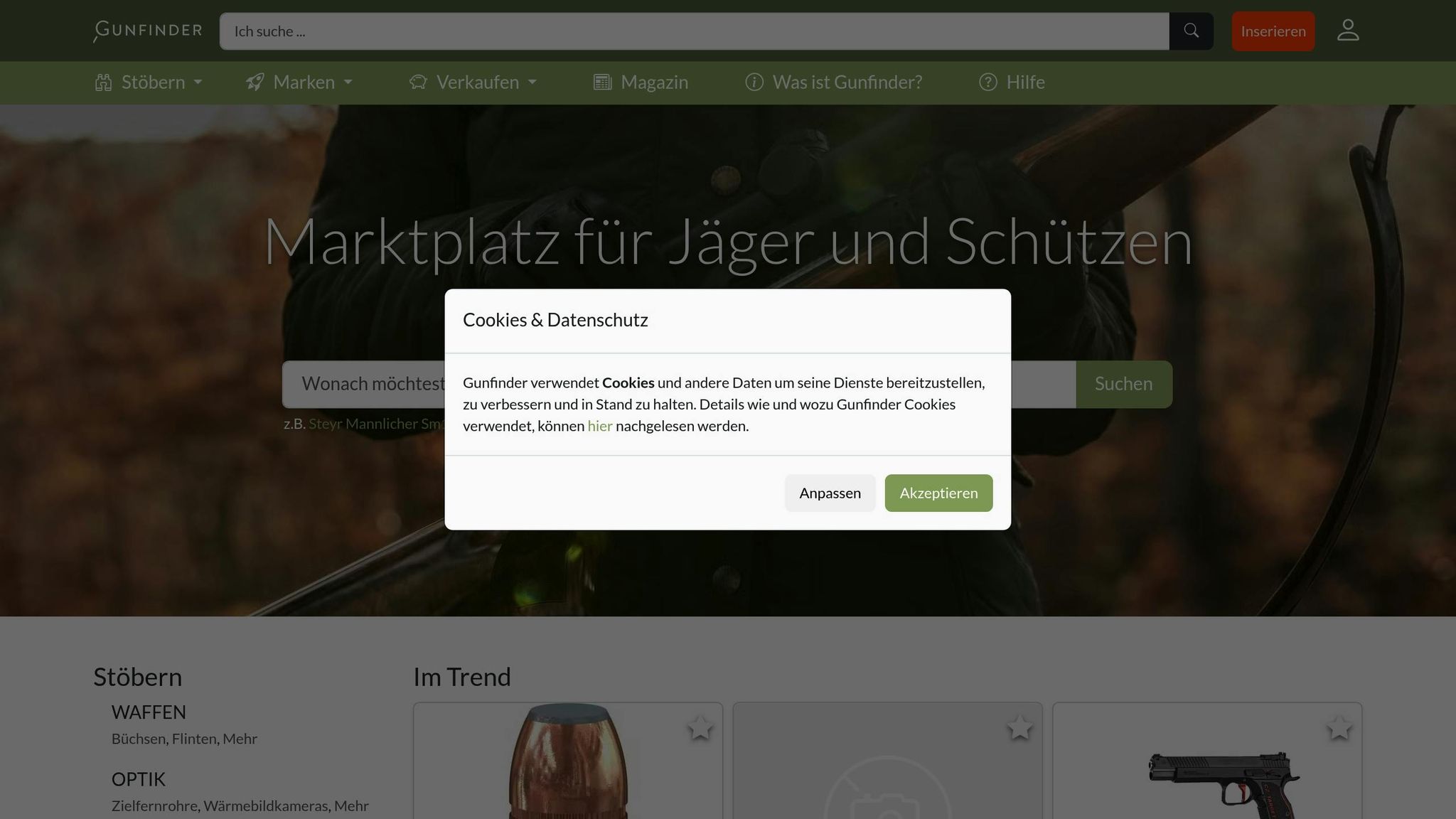
If you have prepared your export papers well, Gunfinder helps you make your export business secure. As an online marketplace, Gunfinder conducts identity checks and enables secure deals for international trade in hunting weapons.
Using Gunfinder for Sale or Export
If you want to sell or export a weapon through Gunfinder, your listing must be accurate. Provide the serial number, type of weapon, and manufacturer correctly so that this information matches the official papers. With a good description and clear photos, you clearly show the condition and details of the weapon.
The identity verification by Gunfinder shows that you are a verified seller. While Gunfinder does not create export papers, a clear presentation of your products greatly aids in the export process.
Secure Deals and Clear Communication
Good management of your listings is just one part – communicating securely and clearly is also important. Gunfinder enables secure deals and also offers a service for partner sales. This service can assist with complicated export transactions through experienced dealers.
Clarify important details beforehand, such as who will obtain the papers and who will pay for the permit costs. These deals should ideally be documented in a purchase contract. Also, keep copies of all papers to be prepared for questions from authorities.
Conclusion: The Main Points of Arms Export
Here are the key aspects of arms export explained briefly:
- You need a license: Without the correct license – whether it is a single, global, or general license – you cannot export.
- End-Use Declaration (EUD): This document or the End-Use Certificate (EUC) ensures that the weapons are used as intended.
- Check Legal Rules: Before applying, you must ensure that your weapons comply with the rules of the AWG, AWV, EU Dual-Use Regulation, firearms regulation, and current embargo rules. Good preparation helps avoid later problems.
- Technical Requirements: An EORI number and registration with ELAN-K2 are necessary. It is also important to have a compliance officer who oversees everything.
- Post-Checks for Small Arms: Especially for small arms exports, checks may occur to ensure that the weapons actually arrive where they are supposed to.
- Be Precise with Documentation: Errors in the papers can cause significant problems.
With accurate papers, assistance from tools like Gunfinder, and good preparation, arms export becomes clear and manageable, not a bureaucratic problem.
FAQs
What papers do I need to take my hunting weapon briefly to another country?
To take your hunting weapon briefly to another country, you must have a permit for weapons and ammunition in Germany. You must apply for this permit at the authority.
You should have these papers ready:
- Firearms card
- European Firearms Pass
- If necessary: a yes from the country you want to go to
It is good to know more about the rules of the other country beforehand, as they are often not the same.
How is the export of hunting weapons in the EU compared to other countries?
Export of Hunting Weapons: In the EU and Elsewhere
The export of hunting weapons in the EU is easy due to uniform rules and similar processes. A common law provides clear rules for permits and makes trade between countries simple.
However, exporting to countries outside the EU is much more difficult. Here, national laws and large treaties come into play. This brings stricter checks and individual approval processes that often require a lot of paperwork. Additionally, the rules vary greatly from country to country, necessitating extensive preparation.
What does BAFA do regarding arms exports?
The Federal Office for Economic Affairs and Export Control (BAFA) plays a significant role in Germany when it comes to exporting weapons abroad. Every request for export is carefully examined to ensure compliance with the law.
BAFA pays close attention to arms and military weapons. It aims to regulate exports properly and legally. Without approval from BAFA, no weapon can be exported abroad.




